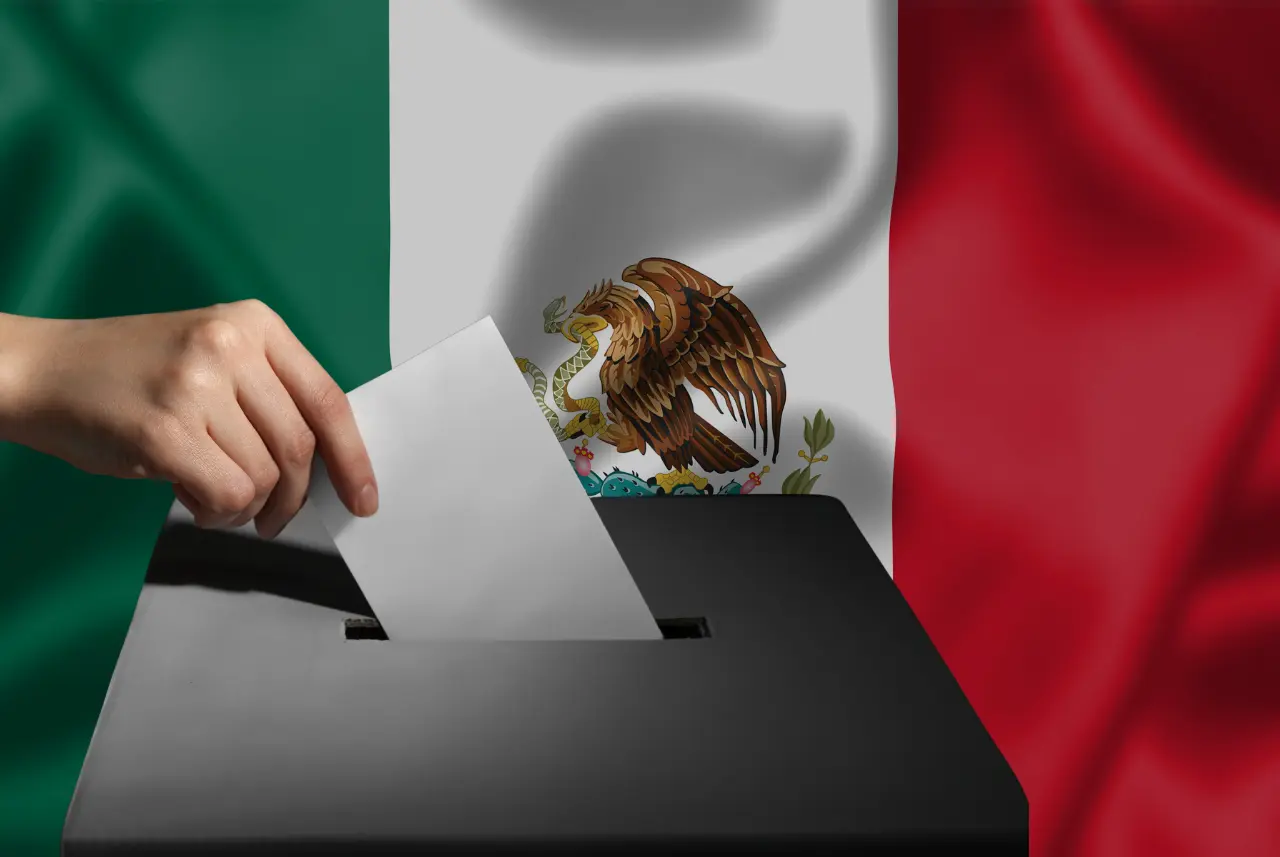
By Jaime Dahir Arista. SPR Informa. Mexican Press Agency
“The Decree issued by the President of the Republic, Dr. Claudia Sheinbaum Pardo, and published in the Diario Oficial de la Federación on August 4, 2025, creating the Presidential Commission for Electoral Reform, sets the stage for implementing a broad, plural, and inclusive public discussion and citizen participation for reform in political-electoral questions in Mexico.”
As noted in the explanatory statement, this reflects the new administration’s vision of the Mexican electoral system: the structural problems it faces, its procedural flaws, its deficient quality of political representation, the distortion of the proportional representation system, and the excessive cost to the public treasury of maintaining a party system along with the administrative and jurisdictional electoral institutions. The aim is to establish an Electoral System whose main subject of interest is the people and their active, direct involvement in public affairs—not only at election time.
In the 2024 federal elections, the General Council of the National Electoral Institute (INE) unanimously approved, in general terms, the budget for that fiscal year, amounting to more than 22.32 billion pesos (almost $1.20 Billion USD). This figure does not include funding for political parties, which was approved separately and reflects the 5.00 billion peso ($268.5 Million USD) budget cut approved by the Chamber of Deputies.
In that same year, federal public spending allocated to political parties totaled over 10.44 billion pesos ($560.60 million USD), covering ordinary permanent activities, campaign expenses, specific activities, and the free use of the country’s postal and telegraphic services.
Public funding for campaign expenses for all independent candidates amounted to almost 66.10 million pesos ($3.5 million USD), while the total for the Strengthening of Women’s Political Leadership came to 198.30 million pesos ($10.6 million USD).
Unlike previous electoral reforms in Mexico, which originated within the upper echelons of the political, economic, and media powers-that-be, the reform now proposed by the Fourth Transformation seeks to be built from the ground up—through an open public debate, citizen participation, and popular deliberation—without excluding the voices of experts, academics, and specialists, as well as the actors of democracy, namely political parties, social and civil organizations, Indigenous communities, organizations and centers of Mexican migrants abroad, and members of administrative and jurisdictional electoral bodies.
The consultations on the Mexican electoral system for drafting reform proposals are intended to be broad and inclusive, engaging the general public; social and civil organizations; national and local political parties; Indigenous communities; specialists from educational and research centers; authors and analysts of political issues; organizations and centers of Mexican migrants abroad; and members of administrative and judicial electoral bodies.
These consultations must also take the form of an open process of discussion and public deliberation, with opinion surveys, hearings, debates, and public events across the country.
The Commission will carry out its functions under the principles of transparency, objectivity, efficiency, effectiveness, economy, and integrity, at all times complying with legal provisions regarding transparency, access to public information, personal data protection, and accountability.
The Commission’s mandate is “to call on the people to express themselves on the electoral reform suitable for Mexico and conduct the respective studies; to undertake the necessary analyses and draft proposals on electoral reform; to set up the working groups it deems necessary for fulfilling its functions; to prepare and issue its internal regulations.”
The general agenda includes, without excluding other related topics, political freedoms; representation of the people; the political party system; financing and privileges of parties; oversight of party, candidates, and campaign income and expenses; effectiveness of suffrage; regulation of political-electoral competition; freedom to circulate opinions, information, and ideas; publicity by public powers and agencies; voting and vote counting systems within the country and abroad; administrative and jurisdictional electoral authorities; eligibility requirements; immunity of officials elected by the people; popular consultations, and recall of elected officials.
Democracy is synonymous with citizen, social, and popular participation that is active, free, informed, transparent, plural, and inclusive. A democratic system’s mission is to empower the people and the citizenry, not power groups entrenched in political parties. Its function is to progressively expand the political, social, economic, and cultural rights of the people, ensuring their full exercise within political and electoral processes as well as democratic elections. The task is arduous and complex, and it will face obstacles and resistance, but transforming the Mexican Electoral System is indispensable.
Related: Controlling Water to Control Trade: From the Canal to the Isthmus